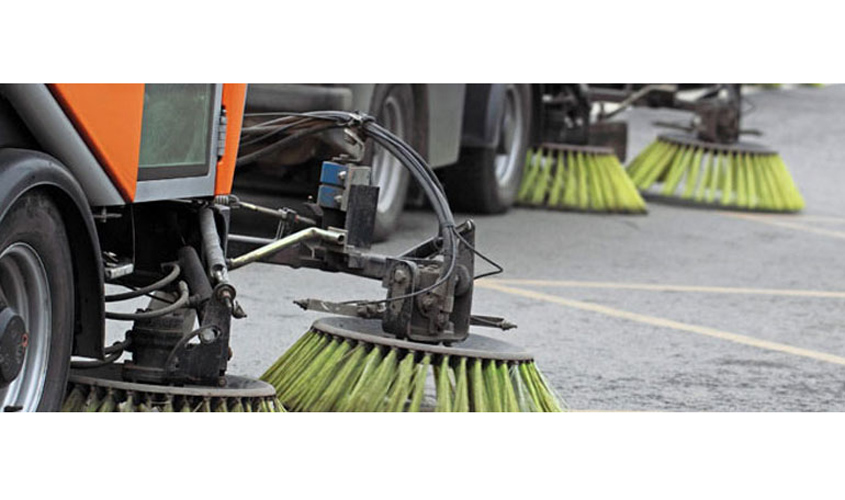The Delhi government has not been able to make any headway in its plan to “vacuum clean” the city’s arterial roads to control pollution for lack of bidders for the job contract. After failing to attract bidders on two occasions in the last six months, the Arvind Kejriwal-led government is now planning to invite tenders from foreign bidders as well. It is also planning to increase the contract period. The programme was started by the MCD and PWD, but fell through for the lack of resources.
Delhi’s Health and PWD Minister Satyendra Jain told The Sunday Guardian that “Earlier norms offered two-three years’ contract, which was unacceptable to private bidders. They wanted at least five years of contract. This time we are most likely to extend five years’ contract. Also, we are inviting foreign bidders this time and are hopeful of rolling out the programme soon.”
“We will begin the vacuum cleaning of the roads within two weeks. This would be in addition to the routine sweeping done by sanitation workers. Initially it will be once a week and later on it will be made twice a week activity,” he added.
Earlier this week, Delhi Deputy Chief Minister Manish Sisodia, in a meeting attended by representatives of several government agencies, directed the Public Works Department (PWD) to revive the plan of city-wide mechanised cleaning of approximately 1,200 kilometres of arterial roads.
Introduced in April this year, the programme did not work because of problems at the level of planning and implementation. According to the MCD, apart from the reluctance of private bidders, the programme failed because there were not enough machines and implementation proved to be financially unviable. A reliable source in the MCD told The Sunday Guardian that during the trial run there wasn’t any check mechanism to ensure whether, or not, sweeping was being done as directed. Consequently, the initiative proved to be a financial burden on the MCD and PWD, with no substantial output.
The unevenness of the roads also emerged as a major obstruction in their vacuum cleaning. The brooms in the vacuum cleaners work at a set level and for these to absorb the dust the roads have to be smooth. This time too, while the AAP government wants to get the programme implemented, it has not issued a clear timeline for road repairing and maintenance.
“There have to be smooth roads first for vacuum cleaning. Potholes, broken pavements and on-road parking are challenges that need to be addressed before rolling out this plan,” said Vivek Chattopadhyay, Senior Researcher at Centre for Science and Environment (CSE).
Moreover, as Anish Das, Deputy Manager at JS Water Energy Life pointed out, “Mechanical sweeping of roads in isolation wouldn’t yield anything substantial. The plan should incorporate everything from systematic road designs to dust management. Look at the Swedish model; they recycle 99% of their waste. Half of the country’s electricity runs on recycled waste. Any anti-pollution plan should have such vision for it to be a success.”
However, Satyendra Jain maintains, “Dust is the major contributor to the air pollution in Delhi and mechanised sweeping followed by sprinkling of water will help in curbing it.”

